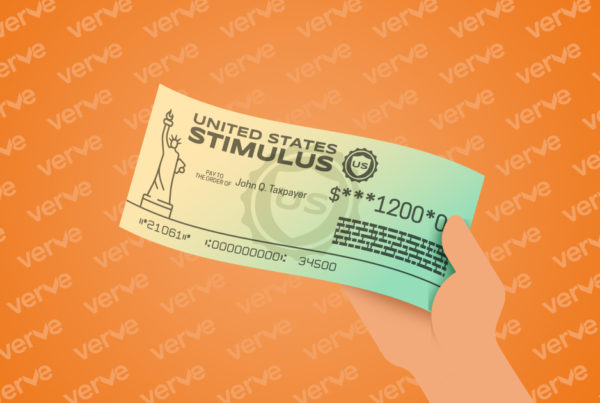Summer is just around the corner and so are sunny Saturdays catching a game, or warm nights under the stars listening to your favorite artist in concert. It’s also peak season for fraudsters trying to take advantage of hopeful show-goers.
Summer is just around the corner and so are sunny Saturdays catching a game, or warm nights under the stars listening to your favorite artist in concert. It’s also peak season for fraudsters trying to take advantage of hopeful show-goers. Follow these tips to recognize—and avoid—potential scams.
The Scams
- Oh-so-real-looking fake tickets. Fraudsters try to pass off counterfeit tickets as the real deal using forged barcodes and the logos of reputable ticket companies.
- Too-good-to-be-true online ticket prices. Scammers use low ticket prices to make an extra buck by selling duplicates of a legitimate ticket in the form of electronic tickets that they email to multiple buyers.
- Last-minute ticket sales. These fraudsters steal tickets and pose as sellers with a hard-luck story about why they can’t go to the event at the last minute.
- Identity-stealing ticket sellers. Scammers pretend to sell tickets online to collect personal information to steal your identity or credit card information.
How to make sure you’re getting the real deal.
The best way to avoid ticket scams is to go straight to the source and purchase tickets online or in person from the venue’s box office.
- Do your research. Type in the physical address and phone number of the broker and third-party seller you are working with to make sure they’re a verified ticket resale agency. Search the seller’s name to read online reviews to see what others are saying, and check if there are any complaints filed with the consumer protection agency.
- Spelling matters—double-check the web address. Some fraudsters will create phony websites that look like an authentic ticket company, but have a typo or extra letters. You should also make sure the website URL has an “s” in the https portion of the address so you know your credit card information will be processed securely.
- Verify the basics. Ask to see a picture of the tickets before you buy and make sure the correct date and time are printed on them. Check the venue’s website to make sure the section and seat numbers exist.
- Meet in person. Get the seller’s contact information and have them meet you in a public place for the ticket and money exchange. Try to bring a friend or let someone know who you’re meeting and what time you expect to be home. Don’t wire money or work with sellers who want you to pay with a prepaid money card.
Think you’ve been a victim of a ticket scam? Report it!
- Submit a report with the state consumer protection office.
- Use the Federal Trade Commission’s Online Complaint Assistant.
- Tell the local police, especially if you met the scammer in person and have a picture to share.
- File a complaint about the scammer using the Better Business Bureau’s Scam Tracker.
How Verve can help
If you think your Verve account is at risk because of a ticket scam (or any other type of scam), call Verve immediately at 800.448.9228 and press 5. One of our team members can help check your account for purchases you did not make and safeguard your account against fraud.
It’s Verve’s goal—in line with our guiding 7 Cooperative Principles—to provide education, training and information to help our members stay financially fit. Verve is committed to keeping our members educated when it comes to their finances by providing details on financial risks and ways to stay safe. Help protect your friends and family from ticket scams by sharing this blog post.





 Federally Insured by NCUA |
Federally Insured by NCUA |  Equal Housing Opportunity |
Equal Housing Opportunity |